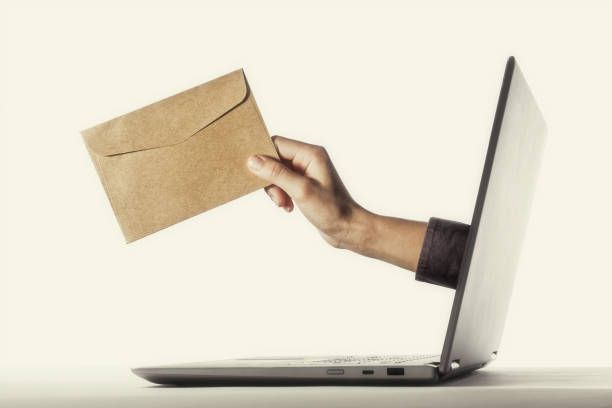In the realm of web development, data integrity and security are paramount. When it comes to validating user input, email addresses play a critical role. In this comprehensive guide, we will explore the world of email validation in Laravel, one of the most popular PHP frameworks. By leveraging Laravel's powerful validation features, you can ensure the accuracy and security of email data in your web applications. Join us on this journey to become an expert in email validation. Let's get started!
Understanding Laravel's Validation System
Laravel provides a robust and versatile validation system that simplifies the process of validating user input, including email addresses. The validation rules and logic are defined within the Laravel framework, allowing developers to focus on implementing business logic rather than reinventing the wheel. To validate email addresses, Laravel offers several built-in validation rules and additional methods for custom validations.
Built-in Email Validation Rules

Laravel provides the following built-in email validation rules:
email: This rule ensures that the given value is a valid email address format.email:rfc,dns: In addition to validating the email format, this rule performs an additional check by verifying the domain's DNS records.email:filter: This rule uses PHP's built-infilter_varfunction to validate the email address.email:spoof,dns: This rule validates the email format, checks for spoofing attempts, and verifies the domain's DNS records.
You can use these rules individually or in combination with other validation rules to meet your specific requirements.
Custom Email Validation
In certain cases, the built-in email validation rules may not be sufficient for your application's needs. Laravel allows you to define custom validation rules to handle unique scenarios. To create a custom email validation rule, you can use Laravel's Rule class or extend the Illuminate\Validation\Validator class. This flexibility empowers you to implement complex email validation logic tailored to your application's requirements.

Best Practices for Email Validation

To ensure the effectiveness and accuracy of email validation in your Laravel application, consider the following best practices:
- Validate at the Frontend: Implement client-side validation using JavaScript or HTML5 input types to provide immediate feedback to users and reduce unnecessary server requests.
- Utilize Laravel's Validation Messages: Customize validation error messages to provide clear instructions to users when their input fails validation.
- Implement Multiple Validation Layers: Besides client-side and server-side validation, consider adding an additional layer of email verification using Laravel's email verification feature. This helps confirm the authenticity of the provided email addresses.
- Regularly Update Email Validation Logic: Stay up to date with the latest Laravel versions and ensure your validation logic aligns with the framework's updates, especially when new email-related features or improvements are introduced.
- Handle Validation Errors Gracefully: Display meaningful error messages to users, highlighting the specific issues with their input and guiding them towards correcting the errors.
Commonly Asked Questions
Q1: How can I validate email addresses with Laravel's validation rules?
A1: You can use the email validation rule provided by Laravel. For example: 'email' => 'required|email'. This rule ensures that the input is not only required but also a valid email address.
Q2: Can I validate multiple email addresses at once?
A2: Yes, Laravel allows you to validate arrays of email addresses using the .* wildcard. For example: 'emails.*' => 'required|email'.
Q3: How can I create a custom email validation rule in Laravel?
A3: You can create a custom validation rule by extending the Illuminate\Validation\Validator class or using Laravel's Rule class. Implement your custom validation logic and register the rule within your application.
Q4: How can I validate email addresses asynchronously in Laravel?
A4: Laravel provides support for asynchronous validation using AJAX requests. You can send the email address to the server for validation and receive the response asynchronously, providing a seamless user experience.
Conclusion
Email validation is a crucial aspect of web application development, ensuring data integrity and security. Laravel's validation system offers a wide array of built-in rules and the flexibility to create custom email validation logic. By following the best practices outlined in this comprehensive guide, you can confidently validate email addresses in your Laravel applications, enhancing data accuracy and fortifying security. Take advantage of Laravel's powerful validation features and elevate the quality of your web applications.

